Illustrative image created using AI technology - By: TUAN ANH
Over 200 million individual accounts have been opened at banks recently, but when the State Bank of Vietnam requested biometric verification, only over 113 million individual accounts were verified.
We will guide you on how to close "dormant" accounts, accounts that have been inactive for a long time. The purpose is to prevent and limit the situation where "dormant" accounts wait for the right moment and then suddenly "come back to life" to participate in scams and fraud.

Only 113 million accounts have been cleaned so far.
Over 86 million remaining bank accounts that have not been verified with biometric authentication will be deactivated from September 2025, to prevent them from suddenly resurfacing and participating in fraud schemes.
According to the State Bank of Vietnam, for individual accounts, only 113 million accounts have been verified using biometric authentication via chip-embedded citizen identification cards. For business accounts, 711,000 accounts have had their information verified and authenticated regarding the legal representative.
Speaking to Tuoi Tre newspaper, Mr. Doan Thanh Hai, Deputy Director of the Information Technology Department (State Bank of Vietnam), said that to date, more than 200 million bank accounts have been opened nationwide, but after nearly a year since the State Bank of Vietnam required verification to clean up data, the verification rate has only reached 67%.
The remaining 86 million accounts are individual accounts whose identities have not been accurately verified. Clearly, many of these accounts are problematic and were created for fraudulent purposes.
"The verification of biometric information through chip-embedded citizen ID cards aims to ensure the authenticity of accounts and prevent fraud. Therefore, genuine people have nothing to fear; only fraudsters and scammers are afraid of being exposed," said Mr. Doan Thanh Hai.
According to Mr. Hai, verifying information with the chip-embedded citizen ID card is very simple. Account holders only need to download the digital banking application on their phones to verify their information, which takes only 1-2 minutes, without having to go to the bank. If they encounter any difficulties during the process, account holders can go to a bank branch or transaction office for assistance.
We will delete the "ghost" accounts.
According to Mr. Doan Thanh Hai, from January 1, 2025, if biometric information is not verified and compared with the National Population Database, individual customers will not be able to conduct online transactions.
And from July 1st, businesses can only conduct transactions at the counter if the business's legal representative does not verify their biometric information.
Meanwhile, Mr. Pham Anh Tuan, head of the Payment Department (State Bank of Vietnam), said that at this time, accounts that have not had their biometric information verified may be dead accounts or "dormant" accounts.
Among the more than 86 million unverified accounts, there are undoubtedly fraudulent accounts that were opened in the past and cannot now be legitimized.
Regarding accounts of organizations, Mr. Tuan informed that to date, approximately 711,000 accounts, accounting for 55% of the total number of bank accounts of organizations, have had their biometric information of the legal representative verified.
He recommended that the legal representatives of businesses should verify their biometric information with the National Population Database before July 1st so that businesses can conduct online transactions, as there are only three weeks left.
However, just like with personal accounts, many "phantom" business accounts will inevitably arise – accounts opened for fraudulent purposes – leading to difficulties in verifying the true identity of the account holders. It is expected that banks will begin deleting these dormant accounts on September 1st.
Mr. Tuan added that closing "dormant" accounts helps to make the banking industry's data cleaner.
At the same time, deleting "ghost" accounts also contributes to building trust and peace of mind for customers using services in the digital environment, especially in the context of increasing cybercrime with unpredictable methods.
Many sophisticated scams have been uncovered recently - Photo: QUANG DINH
Why do some accounts become inactive after being opened?
Ms. Nguyen Phuong Huyen, Director of the Individual Customer Division at Sacombank , said there are many reasons why customers open bank accounts but do not make transactions.
It's possible that customers opened accounts previously because they needed to conduct transactions, but now they no longer have that need and therefore don't care about biometrics for continued use.
In addition, some customers, especially older customers, may have difficulty using online banking services and are unfamiliar with technology, leading them to avoid online transactions and instead conduct transactions in person at the counter.
"We fully support the State Bank of Vietnam's regulation requiring banks to delete accounts that do not use biometrics. This helps minimize risks associated with fraud and illegal activities, not only ensuring the safety and security of the banking system but also improving the efficiency of account management."
"In this way, banks can ensure that all accounts are managed securely and that only the true owners have the right to access and transact," said Ms. Nguyen Phuong Huyen.
Meanwhile,ACB announced that approximately 3 million customers have completed biometric verification. ACB also recently issued a notice regarding biometric registration and supplementary documentation for opening payment accounts for corporate customers.
Specifically, in order to comply with Circular 17/2024 of the State Bank of Vietnam and avoid transaction disruptions, institutional customers need to complete biometric registration before July 1st and supplement their payment account opening documents before January 1st, 2026.
ACB also noted that institutional customers currently transacting at ACB but who have not updated their payment account opening records before October 1, 2024, must submit them to the bank before January 1, 2026, to avoid disruption to all transactions.
Bank transactions exceeding 10 million VND will require biometric authentication - Photo: THANH HIEP
Criminal tactics
Recently, many banks have been simultaneously warning customers about the fraudulent schemes used by cybercriminals.
Credit card issuance notification
Ms. L.Th.H. (Thanh Xuan district, Hanoi ) said that for the past month she has been continuously receiving calls from the number 024 89891117. When she answered, the person on the other end was an automated operator claiming to be from a bank, informing her that she was eligible to open a credit card.
"Automated call center announcement: Congratulations, you are eligible to apply for a credit card at the bank. If you have any questions, please press 1 or 0 to speak with a teller."
"I have no need to open another credit card and I know this is a scam call, because banks don't have automated call centers constantly contacting customers like that," said Ms. L.Th.H.
Vietcombank also reported an increase in scams involving individuals impersonating Vietcombank employees/call center staff to contact customers and offer credit card issuance.
The scammers' tactic is to impersonate bank employees and then call, send SMS messages, or use Zalo to persuade customers to open debit or credit cards.
Request for information
The second method involves the scammer requesting the customer to provide information such as the serial number printed on the card, a picture of the card, etc.
They then link the customer's card to their e-wallet, thereby stealing money from the customer's card. "To avoid having your money stolen by criminals, customers should absolutely not provide confidential information such as card information, application passwords, or OTP codes to anyone," Vietcombank advises customers.
In addition to the above tactics, BIDV stated that one of the most common scams currently used by criminals is recruiting online collaborators to perform online tasks in exchange for "commissions".
Although this type of scam is not new and has been warned about many times by authorities, some people still fall for it. BIDV advises customers to absolutely not transfer money or deposit funds at the request of strangers, or provide bank account information or OTP codes.
Biometric authentication will help minimize risks when making online bank payments - Photo: TRI DUC
Strengthening solutions to combat cybercrime.
The State Bank of Vietnam and the Ministry of Public Security are amending relevant legal regulations to further tighten the prevention of fraud in the banking and financial sector.
Imprisoning people who rent out their faces.
According to Pham Anh Tuan, Director of the Payment Department, closing "ghost" or fraudulent accounts does not guarantee 100% prevention of crime because authorities have begun to detect criminal organizations that are holding people captive to rent out their faces for fraudulent activities.
Each time money was transferred, they had to show their faces for verification; otherwise, they were well cared for and looked after.
Further explaining to Tuoi Tre newspaper, Mr. Doan Thanh Hai said that the perpetrators are holding the people who rent out their faces outside the Vietnamese border, making it difficult to detect and thoroughly prosecute them. By the time they are discovered, the criminals may have already committed fraud.
To help curb the practice of renting out accounts, Mr. Tuan said that the Ministry of Public Security is proposing harsher criminal penalties for those who abet fraud and deception.
On the other hand, in the draft decree replacing Decree 88 on administrative penalties in the banking and monetary sector, the Payment Department proposes increasing the fine by 4-5 times compared to the current level, to a maximum of 200 million VND, for the act of renting or lending accounts.
Using VNeID for banking transactions.
In addition to the above solutions, the State Bank of Vietnam will soon require banks to use technology to ensure accurate verification of customer information during over-the-counter transactions. Currently, when customers transact at the counter, bank staff look at the customer's face and compare it with their citizen identification card to verify its authenticity.
However, Mr. Tuan argued that this means "the bank is making its counter staff do the work of police officers" because that is the job of the police force. In the new circular, the State Bank of Vietnam will stipulate that banks must use technological equipment to verify data accuracy, rather than relying on the subjective judgment of individual tellers.
"After the police discovered the fraudsters, the State Bank of Vietnam rectified the practices of the relevant service providers. Going forward, the State Bank will regulate the suspension of online services if the provider does not meet international standards. The fight against cybercrime is a never-ending battle, therefore, service providers need to pay close attention," Mr. Tuan said.
The State Bank of Vietnam is also actively coordinating with the Ministry of Public Security to effectively implement Government Decree 06, which outlines the project to develop applications of population data, identification, and electronic authentication to serve national digital transformation in the period 2022-2025, with a vision to 2030.
On the other hand, Mr. Tuan argued that the State Bank of Vietnam encourages units to apply VNeID to banking transactions, especially for biometric verification and collection.
When the VNeID application is used to cross-reference biometric information with the National Population Database, it will thoroughly address the shortcomings and weaknesses in the use of NFC, improving the user experience of reading chip-embedded citizen ID cards via mobile phones.
However, biometric authentication is not the only solution for preventing crime in the banking and financial sector.
In addition to the measures and regulations being revised by the State Bank of Vietnam, the Ministry of Public Security is also amending related legal regulations to further tighten the prevention of fraud in this field.
Preventing the use of AI to bypass biometric authentication systems.
In connection with a 1 trillion VND gambling ring, the suspects used AI to create fake biometric videos to bypass the bank's biometric authentication system, a case recently busted by the Thai Binh Provincial Police.
This is the first time such a scheme has been recorded in Vietnam, demonstrating the sophistication and complexity of money laundering activities in the digital age.
According to Mr. Pham Anh Tuan, the increasing rate of cybercrime necessitates organizations to be more aware of the need to invest in technology to enhance security and protect customers.
While we use AI to develop products, criminals also exploit AI for criminal activities. In the case above, some applications from service providers did not meet the highest security standards and international certifications for electronic identity verification (eKYC).
ANH HONG - LE THANH
Source: https://tuoitre.vn/xoa-tai-khoan-ma-ngan-lua-dao-20250605093416148.htm


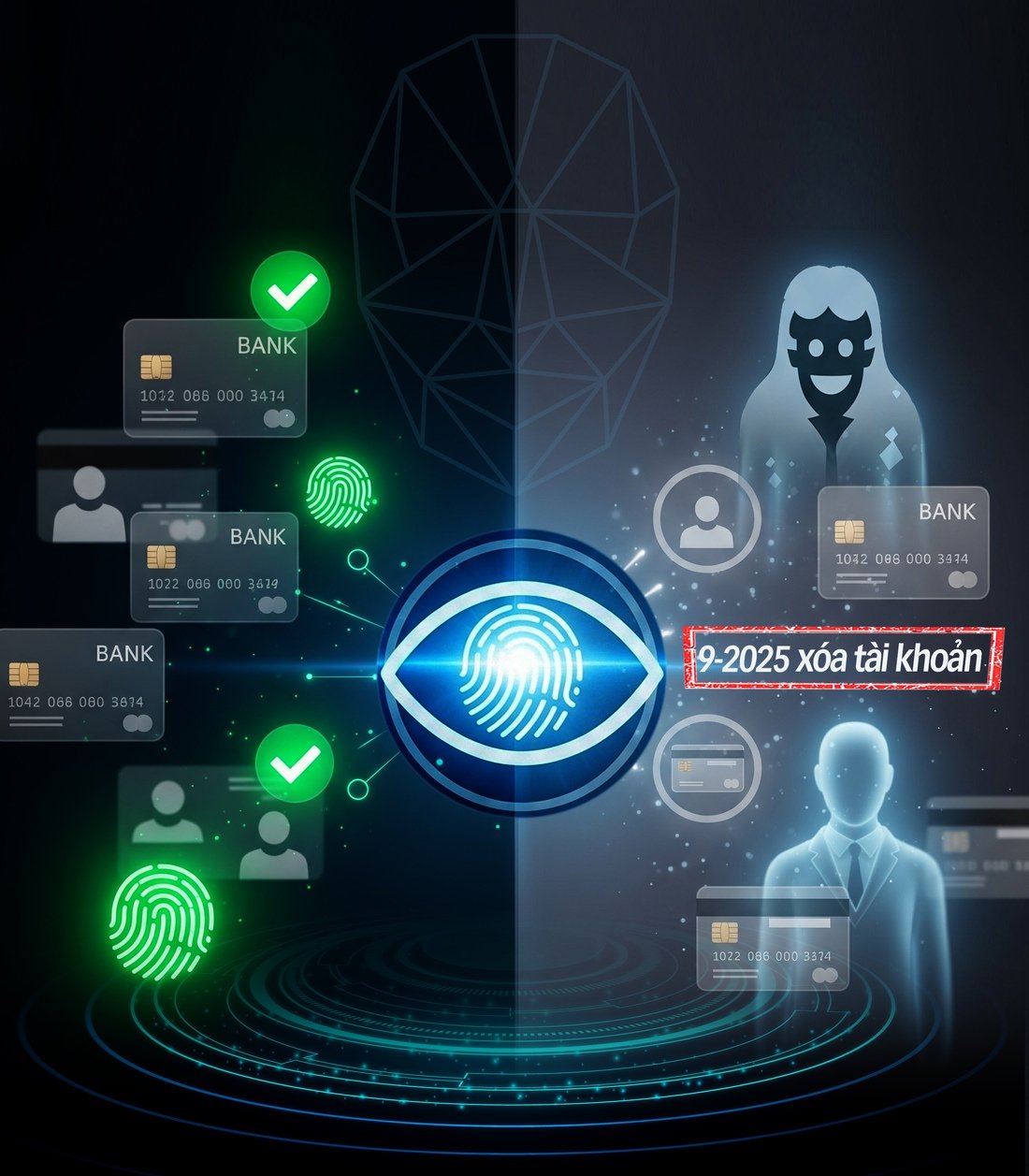
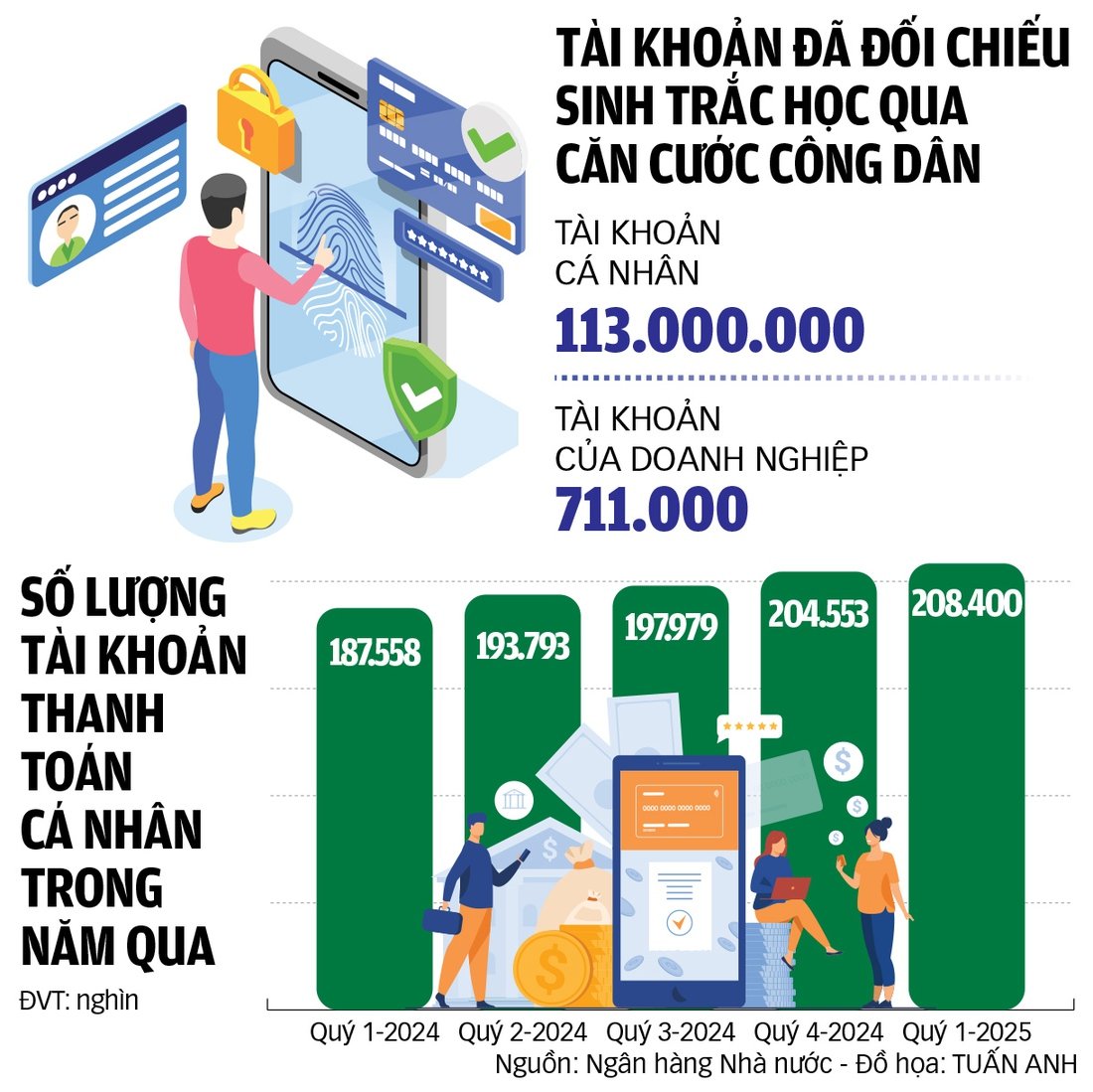
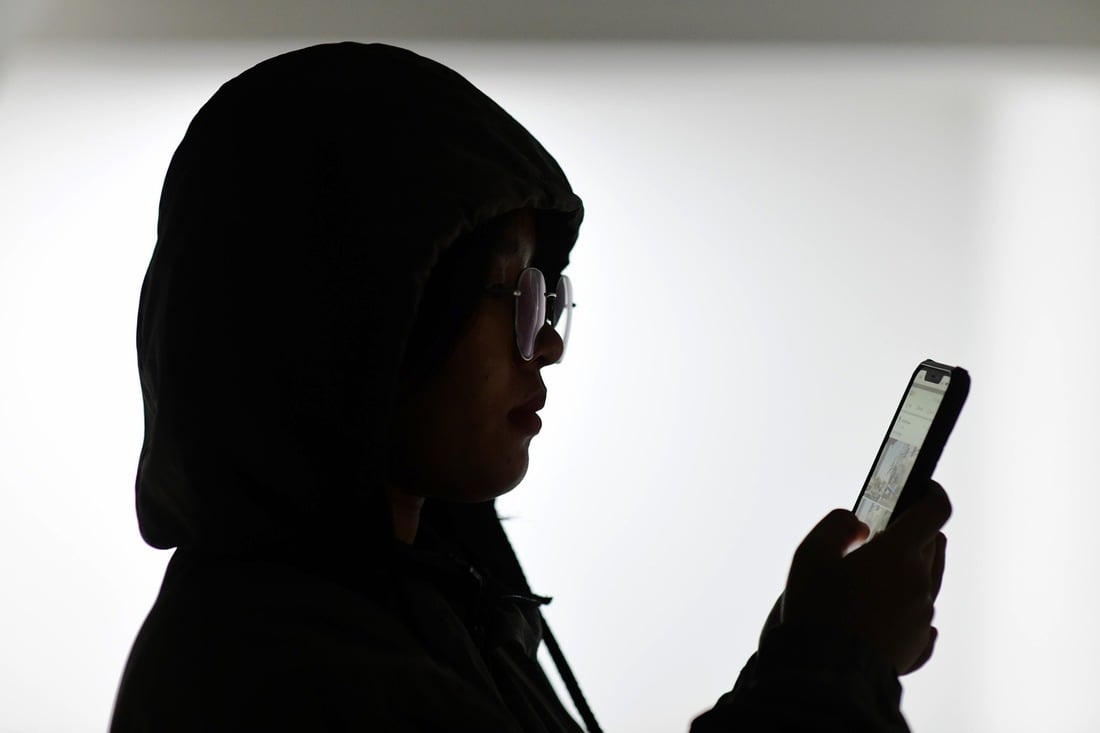
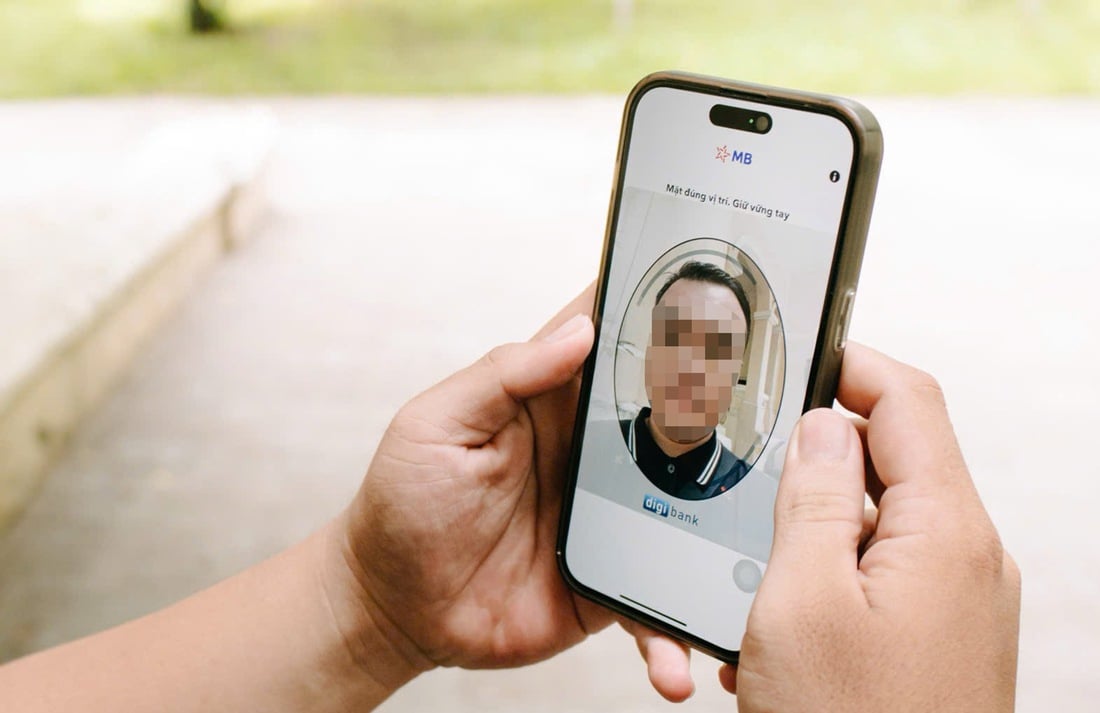
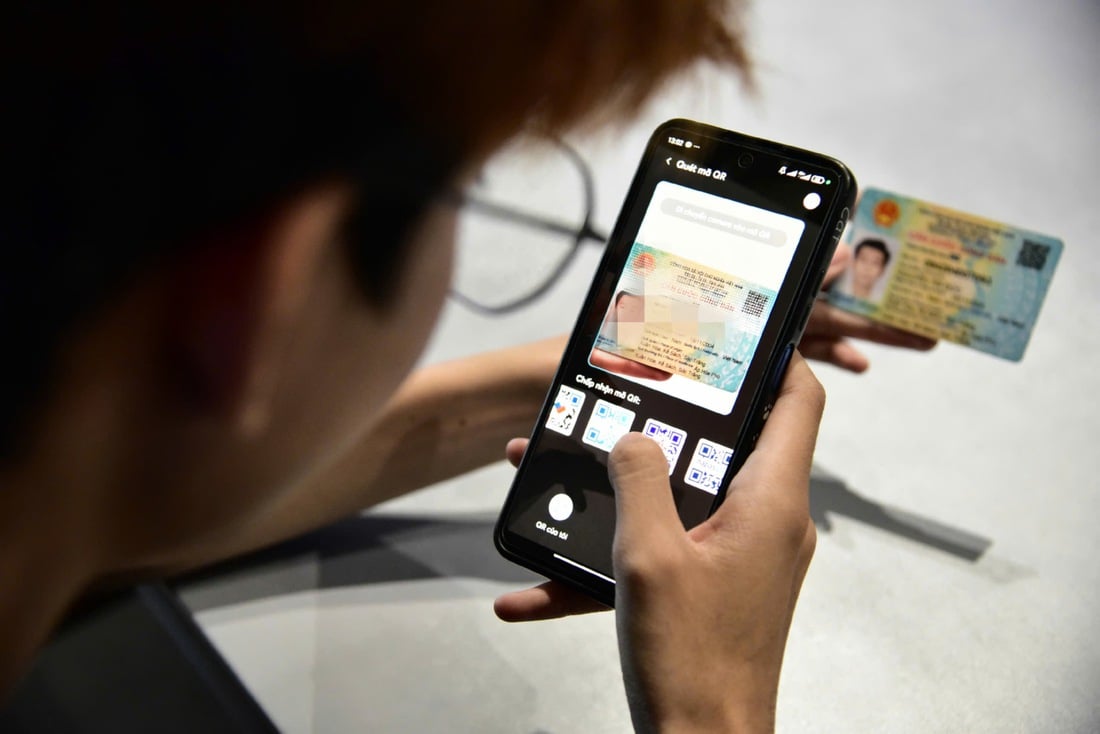
![[Photo] President Luong Cuong receives Speaker of the Jordanian House of Representatives Mazen Turki El Qadi](/_next/image?url=https%3A%2F%2Fvphoto.vietnam.vn%2Fthumb%2F1200x675%2Fvietnam%2Fresource%2FIMAGE%2F2026%2F02%2F03%2F1770112220330_ndo_br_1-3704-jpg.webp&w=3840&q=75)






























































![[Photo] Prime Minister Pham Minh Chinh receives Philipp Rösler, Chairman of the Switzerland-Vietnam Economic Forum.](/_next/image?url=https%3A%2F%2Fvphoto.vietnam.vn%2Fthumb%2F402x226%2Fvietnam%2Fresource%2FIMAGE%2F2026%2F02%2F03%2F1770121222295_ndo_br_dsc-8709-jpg.webp&w=3840&q=75)





























Comment (0)